Are you feeling overwhelmed lately? You’re not alone. According to a recent study by wellness brand Komowa, Tennessee has emerged as the most stressed state in the United States, surpassing all others in terms of stress levels.
Komowa conducted a comprehensive analysis, considering 16 key indicators of stress including hours worked, credit card debt, divorce rates, and commute times, among others.
These indicators were grouped into four main categories: money, work, health, and family. Utilizing data from reputable sources such as the Centers for Disease Control and Prevention, U.S. Census Bureau, and Bureau of Labor Statistics, Komowa generated rankings to identify the most and least stressed states in America.
Despite not topping any individual stress category, Tennessee secured the No. 1 spot overall due to its cumulative score. Notably, residents of the Volunteer State work longer hours than the national average, ranking third in the nation with an average workweek of 42.3 hours.
Poor Mental Health in Tennessee
Additionally, Tennessee scored poorly in terms of yearly income and the ability to work from home. The state also faces challenges in commuting, with residents enduring some of the longest average commute times in the country.
Furthermore, Tennesseans reported high levels of health-related stress, ranking third in the nation for the prevalence of depression, with 24.4% of residents affected. Alarmingly, over 15% of Tennessee residents reported that their physical health is compromised for more than half of the month.
The study also revealed that five of the top 10 most stressed states are located in the South, with Alabama, Oklahoma, Louisiana, and South Carolina joining Tennessee in the rankings. Other states that made the list include Georgia, Arizona, West Virginia, and Indiana.
Surprisingly, New York and California, often associated with high-stress environments, did not make it to the top 10. New York, known for its bustling lifestyle, ranked 24th, while California secured the 25th spot on the list.
Contrary to expectations, North Dakota emerged as the least stressed state in the U.S., followed by Utah and Iowa, according to the study. Even Hawaii, often perceived as a laid-back paradise, landed at No. 32 on the stress rankings.
The study also highlighted some intriguing findings regarding work and commute patterns across different states. While New York claimed the top spot for the longest average commute time at 33.2 minutes, Louisiana residents were identified as the hardest workers, clocking in an average of 44.3 hours per week.
Overall, the study sheds light on the diverse factors contributing to stress levels across states and underscores the importance of addressing these issues to improve overall well-being and quality of life. As communities grapple with the challenges posed by stress, understanding its root causes becomes increasingly vital for effective intervention and support.

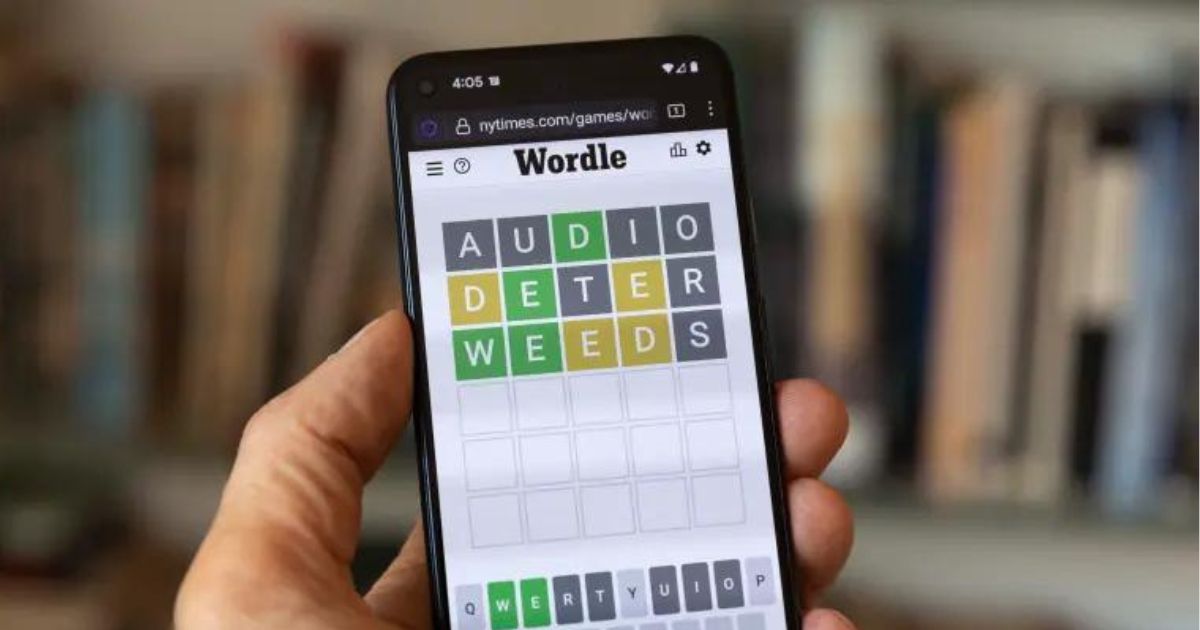
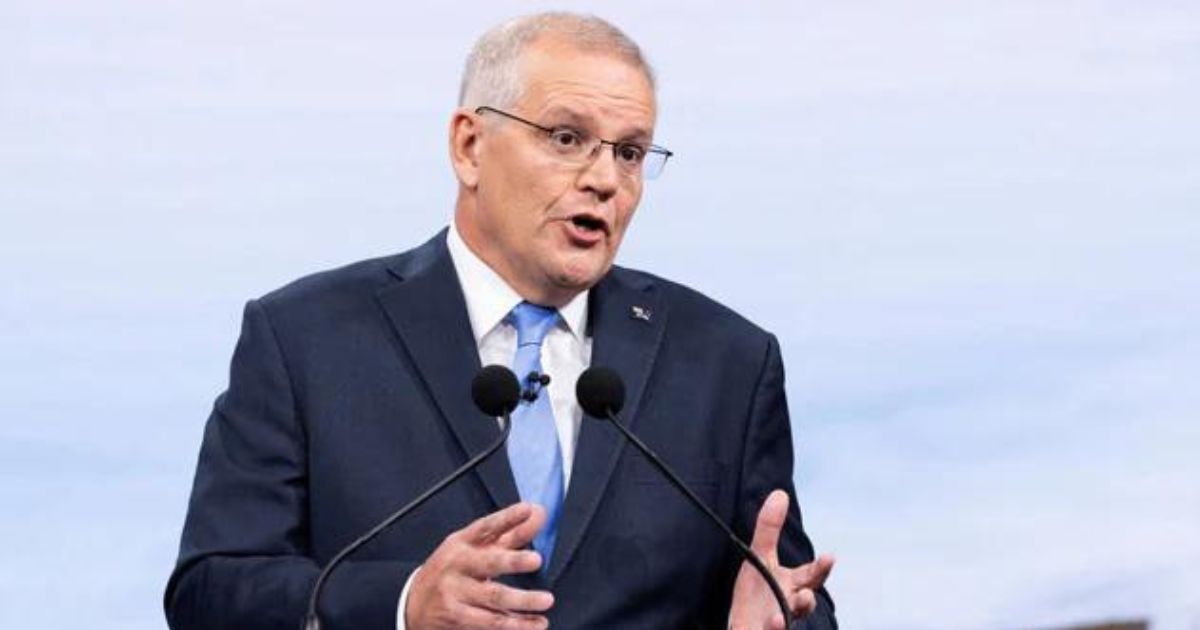

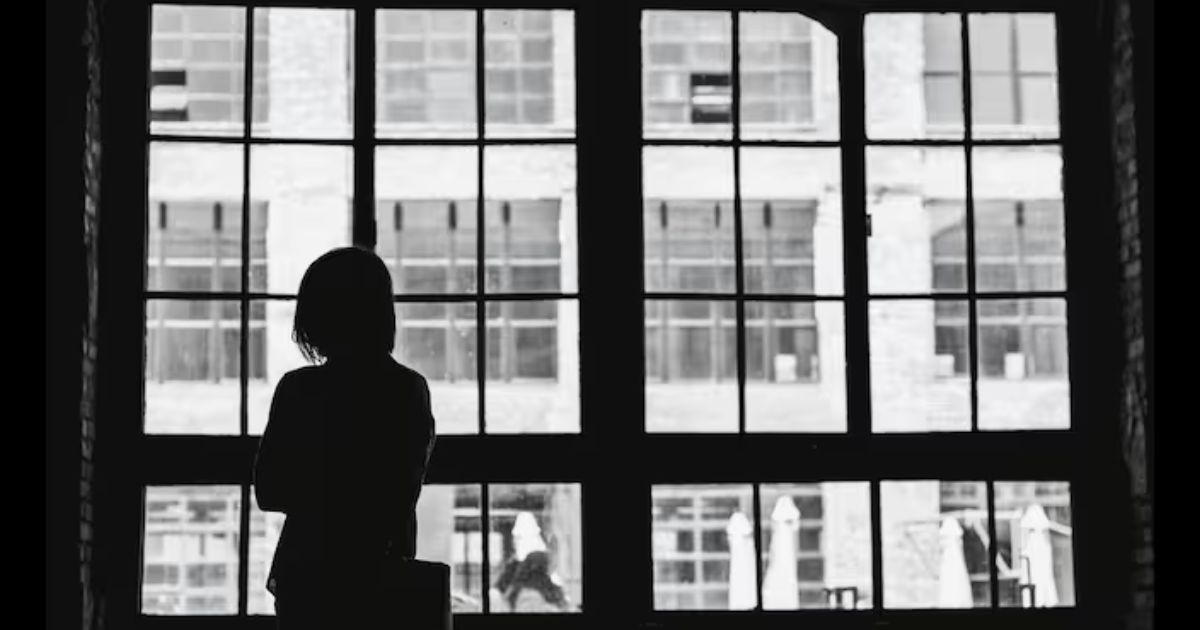
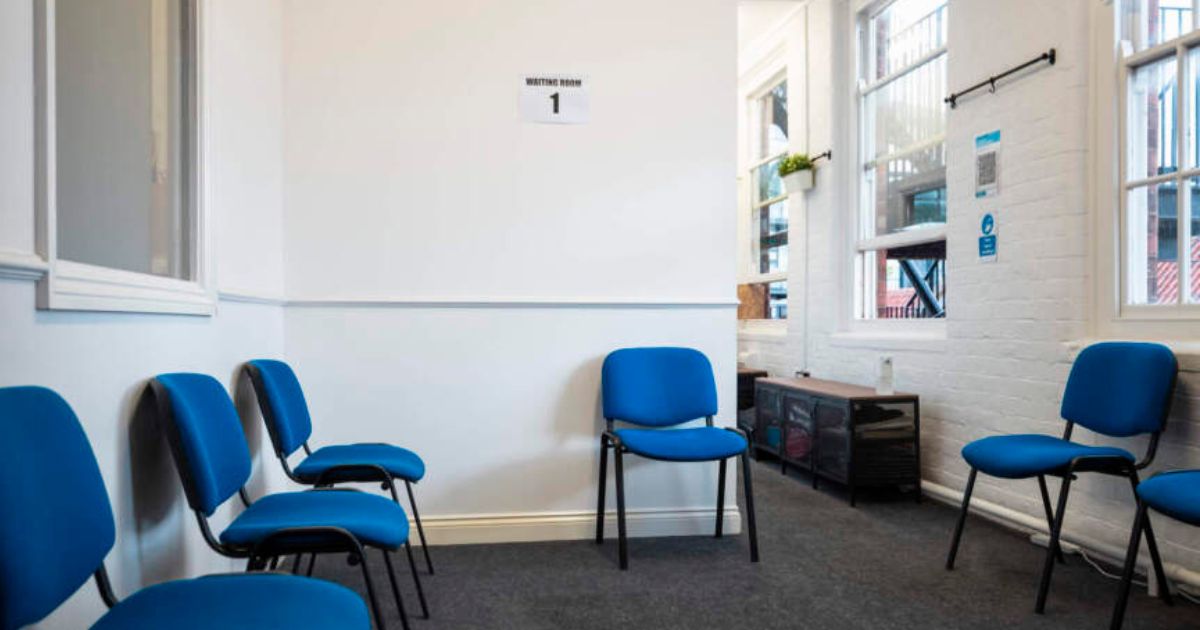
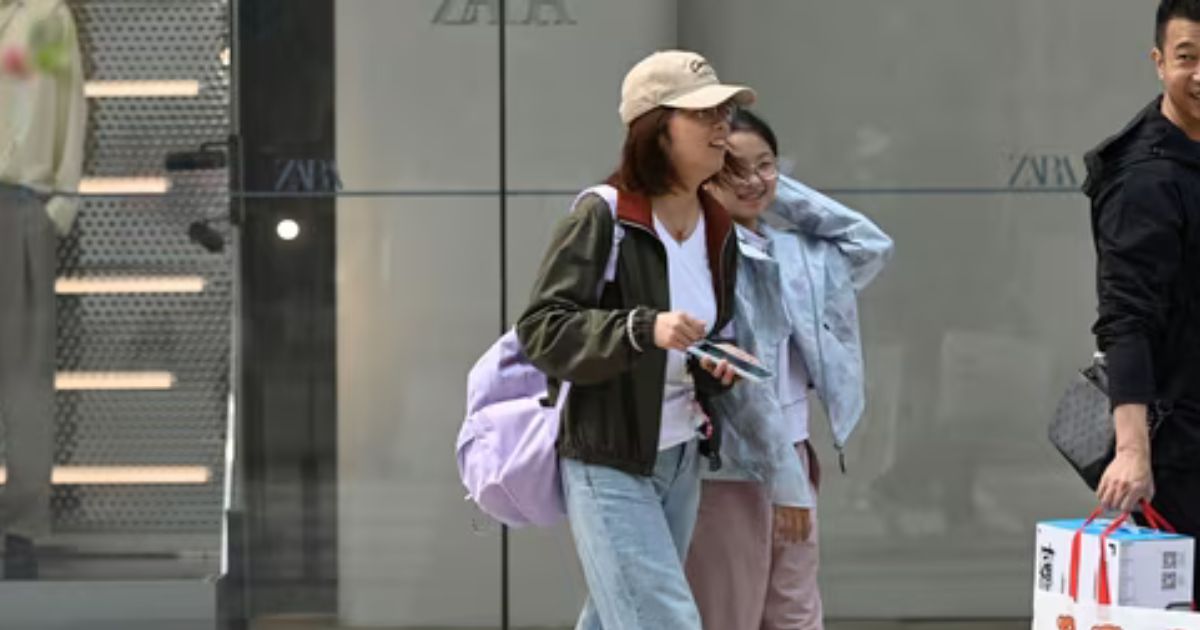

Leave a Reply
You must be logged in to post a comment.